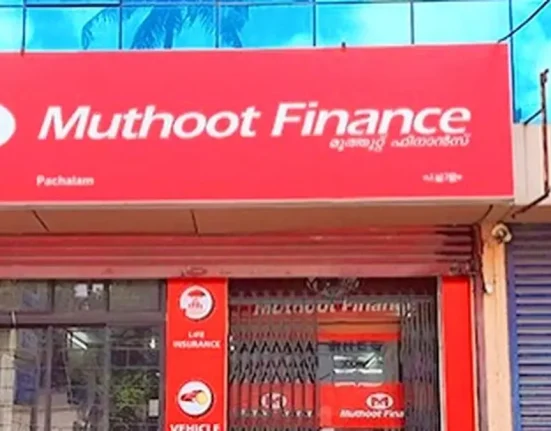Michigan Attorney General Dana Nessel has joined forces with a bipartisan group of attorneys general pushing for federal cannabis banking reform. The coalition is advocating for the passage of the SAFER Banking Act of 2025—a move that aims to simplify finances for state-regulated cannabis businesses and bolster public safety. In a recent letter to Congress, these legal leaders highlighted the hurdles that current federal banking laws present, prompting legitimacy-seeking cannabis businesses to a cash-only manner and inadvertently heightening security risks for those involved. According to the Michigan Department of Attorney General, Nessel argued, “With billions in revenue, giving cannabis businesses a secure place to bank isn’t just smart policy – it’s common sense.”
The call for legislative action follows increasing public safety concerns and seeks to improve states’ ability to collect taxes and implement regulatory oversight. The obtrusive current banking restrictions have forced cannabis businesses to operate with large amounts of cash, turning employees and clients into potential victims of crime. Furthermore, this cash-based system compromises the ability of states to effectively regulate and tax these industries. The attorneys general point out that U.S. legal cannabis retail sales reached $30.1 billion just last year, and the industry supports approximately 425,000 jobs across the nation. Encouraging economic projections suggest that sales may climb to $34 billion by the year’s end.
Today, a majority of the nation lives in areas where medical or adult-use cannabis is legal, present in 39 states, three territories, and the District of Columbia in some form. Despite this widespread legalization, the clash with federal banking regulations remains a significant issue. Nessel and her counterparts emphasize that the SAFER Banking Act is not an attempt to modify the federal legal status of cannabis or push legalization in states that opt out. Rather, it is meant to establish a safe harbor for financial institutions to serve cannabis businesses in jurisdictions with established cannabis laws. This legislation aims to integrate cannabis commerce into the regulated banking system, facilitating more effective oversight by law enforcement, tax agencies, and cannabis regulators.
The advantages of the SAFER Banking Act extend beyond just operational convenience for cannabis businesses. It is a step towards resolving public policy challenges that states face due to the federal prohibition on cannabis-related banking activities. By weaving the cash from legal cannabis sales into the regulated banking sector, the funds will become more transparent to state regulators and law enforcement. As stated in the letter and echoed by the coalition, per the Michigan Department of Attorney General, “The legislation is common-sense, bipartisan, and respects both state sovereignty and the current federal status of cannabis.” The coalition concludes that this move could not only enhance the safety of Americans in states with legalized cannabis but also catalyze economic growth and stability across these jurisdictions.
Finally, the collective effort by Attorney General Nessel and colleagues, which includes attorneys general from Maryland, Ohio, Georgia, and many others, underscores the urgency and practicality of the SAFER Banking Act. This reform is crucial not just for the burgeoning cannabis market but also represents a salient shift towards addressing the realities of a rapidly evolving legal landscape for cannabis in America. It seeks to provide a structured financial environment where the marijuana industry can thrive responsibly and safely in alignment with individual state policies and regulations.







